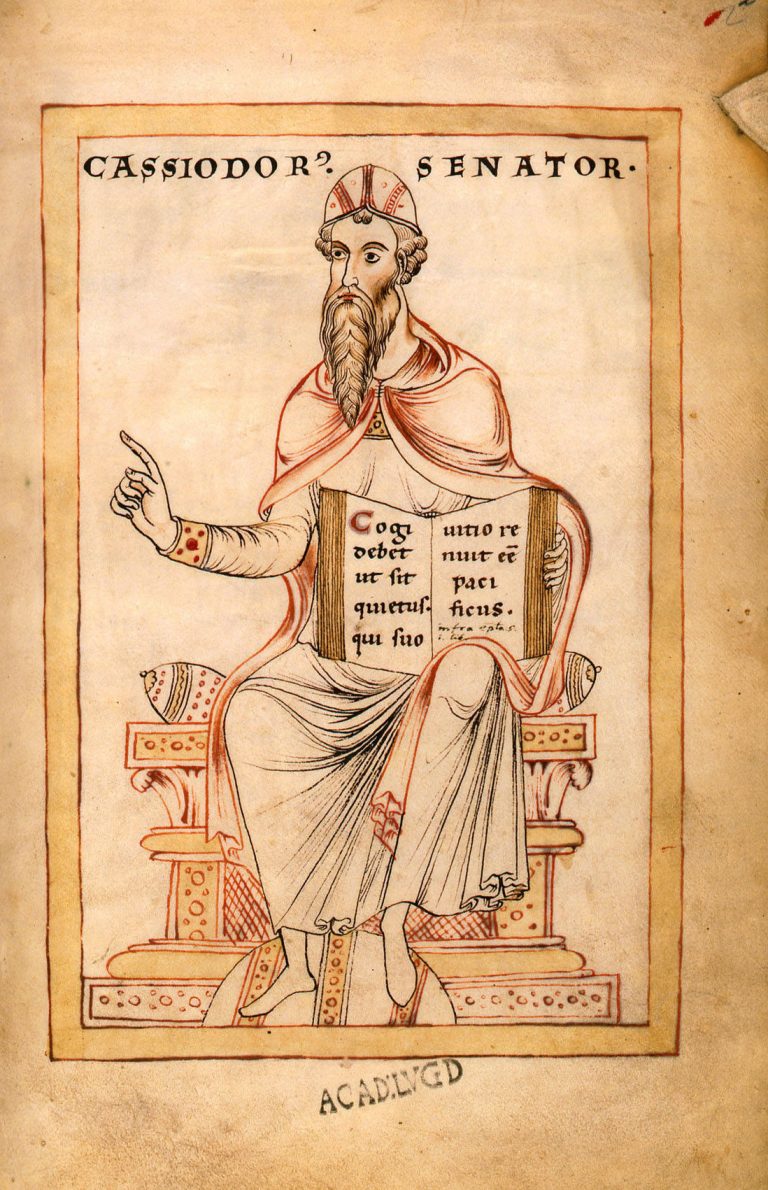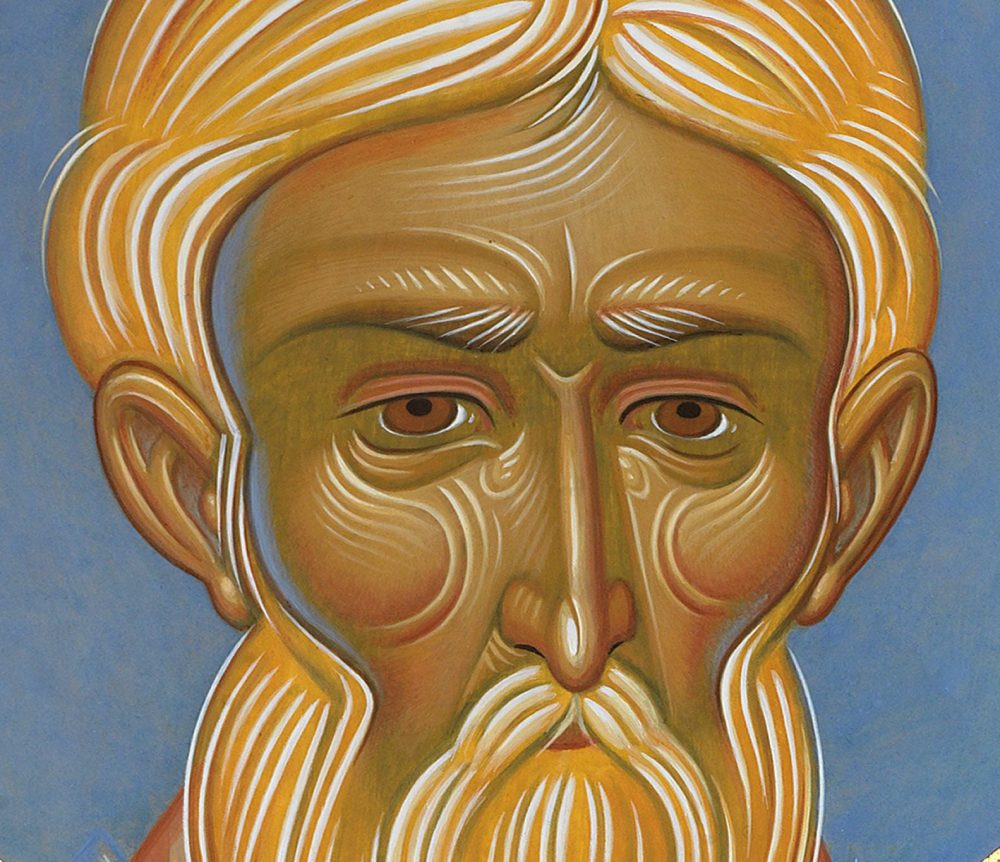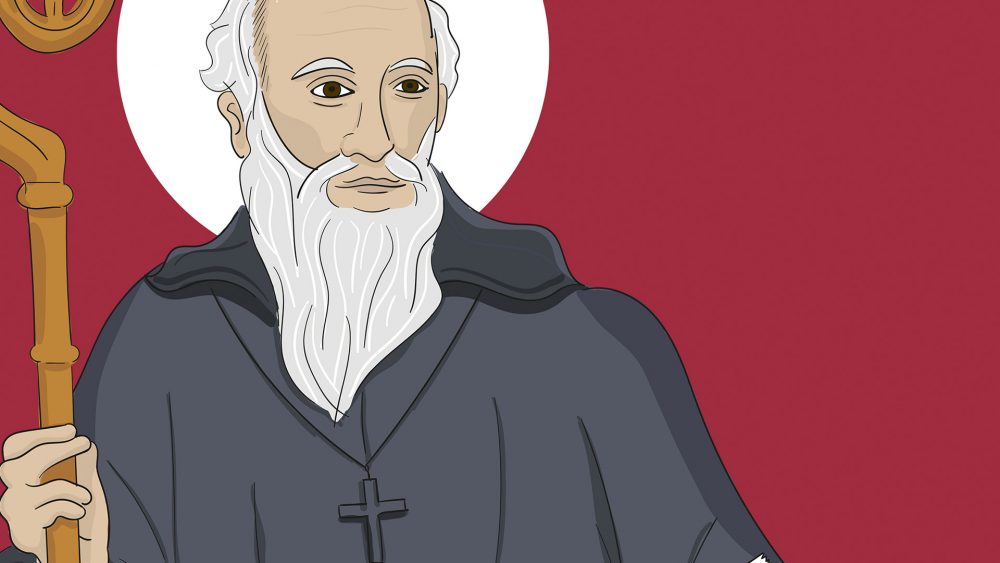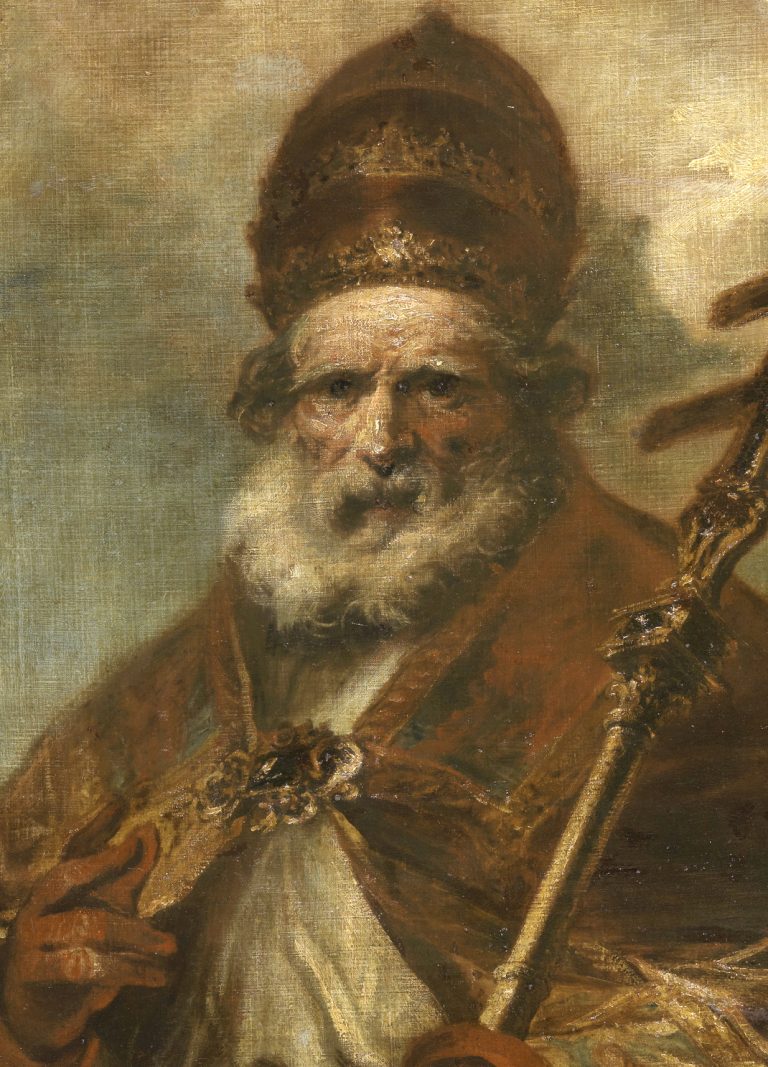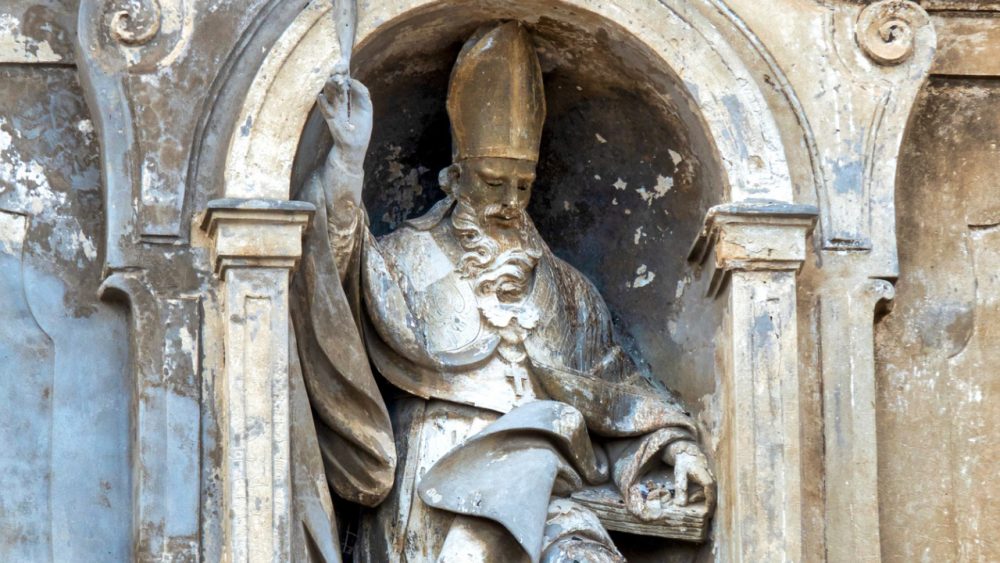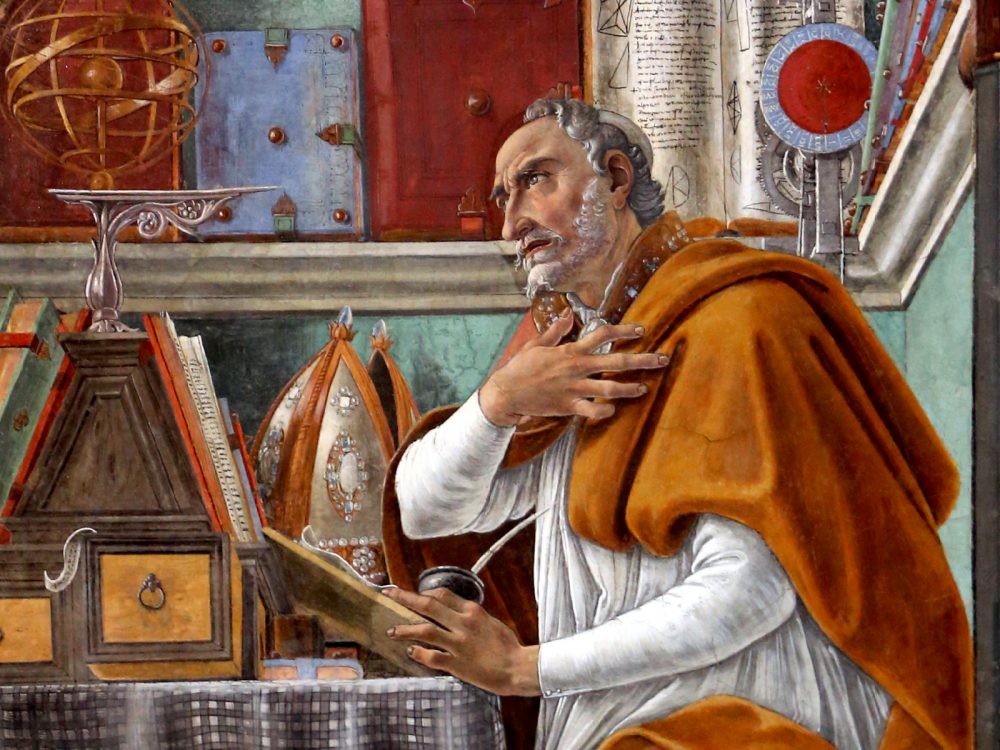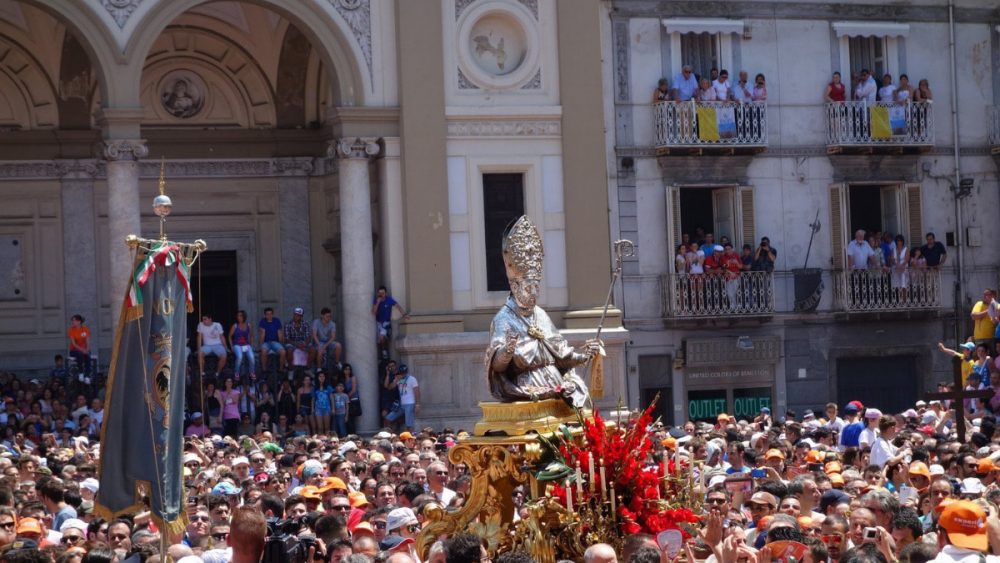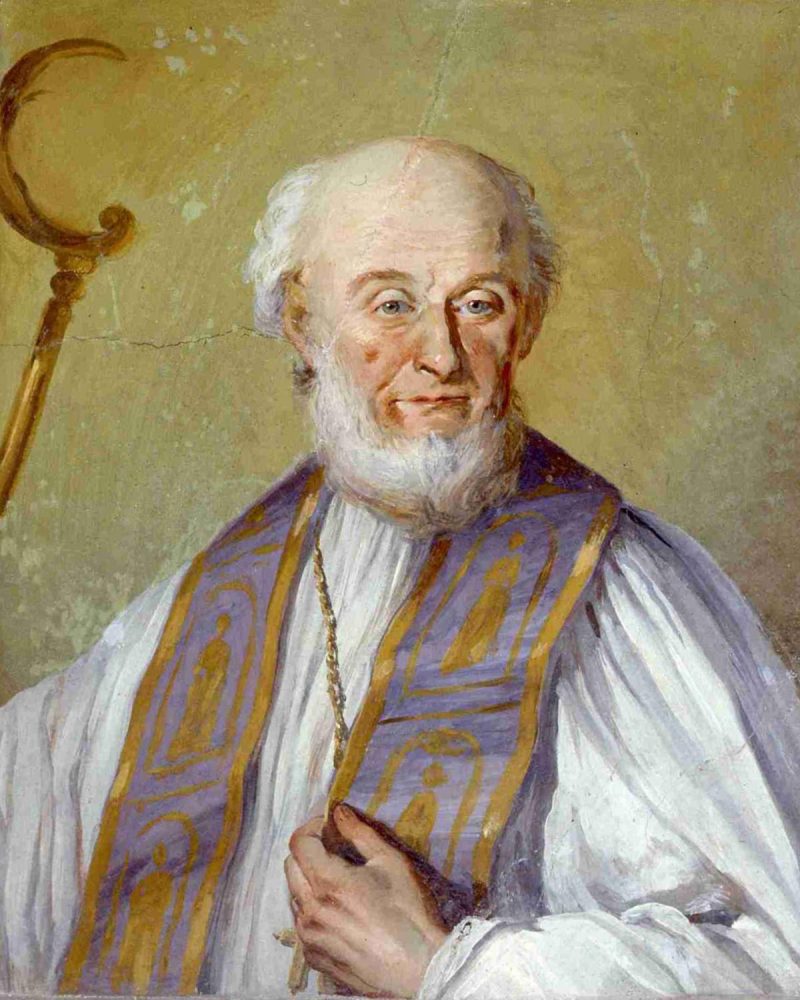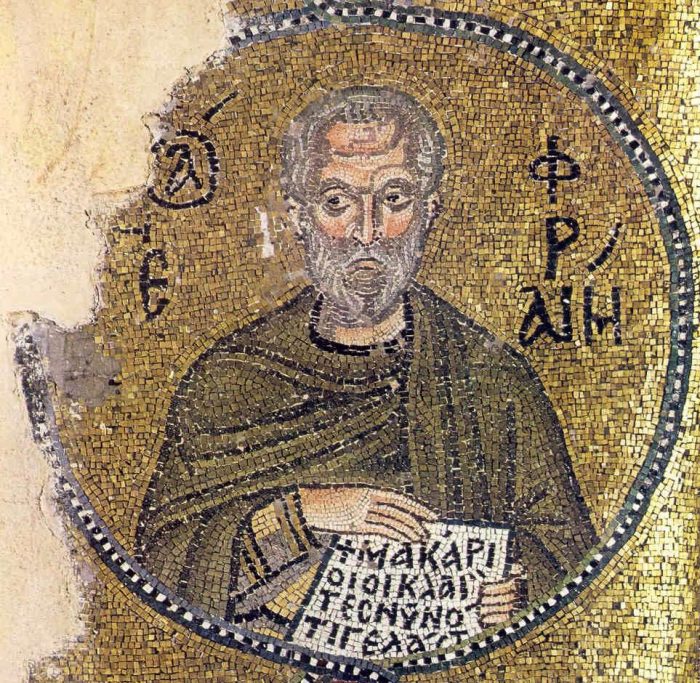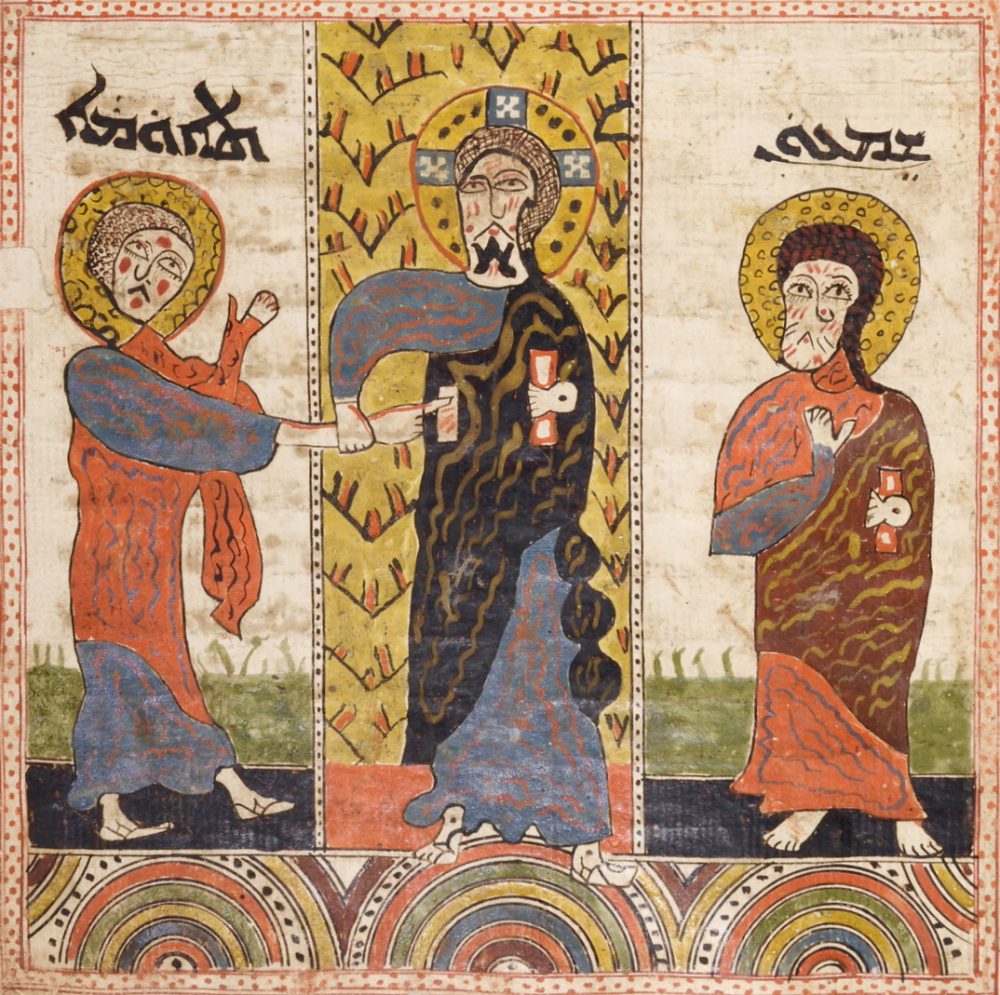Boethius and Cassiodorus, two remarkable Christian scholars of the 6th century, bridged the gap between ancient Roman culture and the rising Christian world. Boethius, remembered for his influential work The Consolation of Philosophy, integrated Greek thought into Christian theology, while Cassiodorus, founder of the Vivarium monastery, preserved ancient manuscripts, ensuring the survival of important Christian and pagan works. Both men shaped the intellectual heritage of the Middle Ages, fostering a synthesis of faith and reason.
